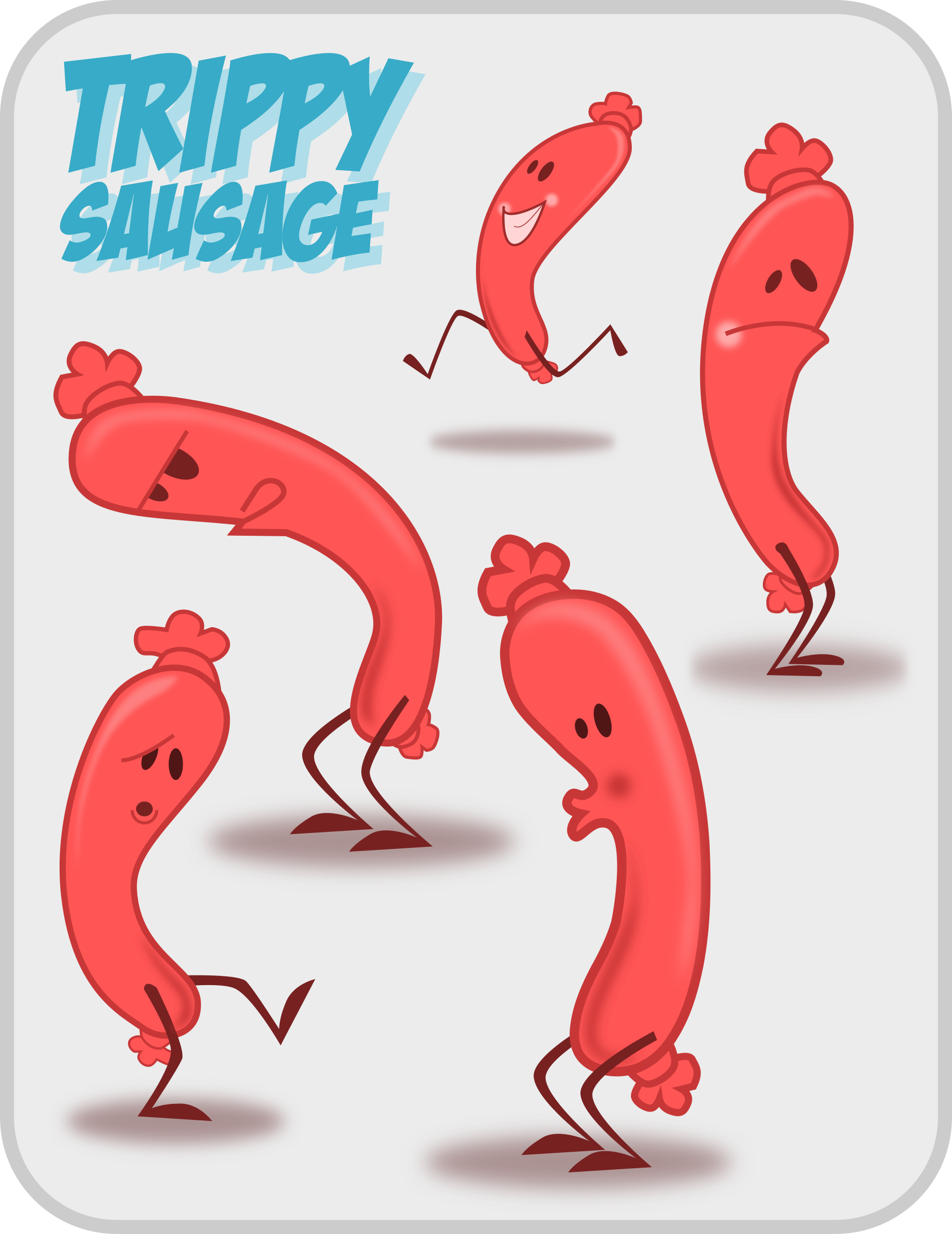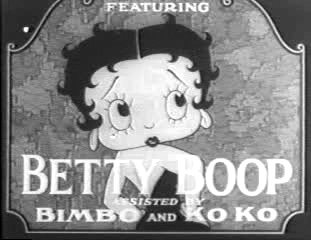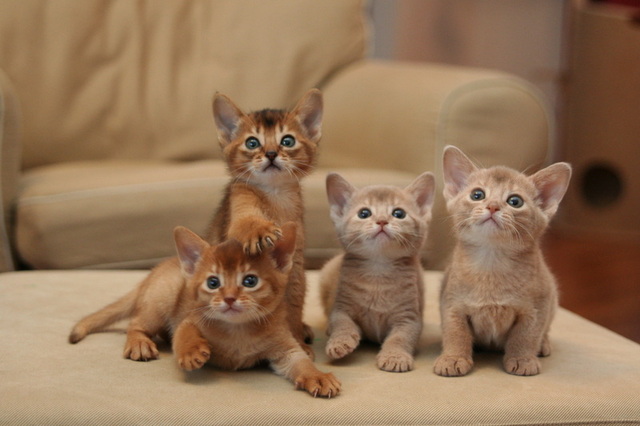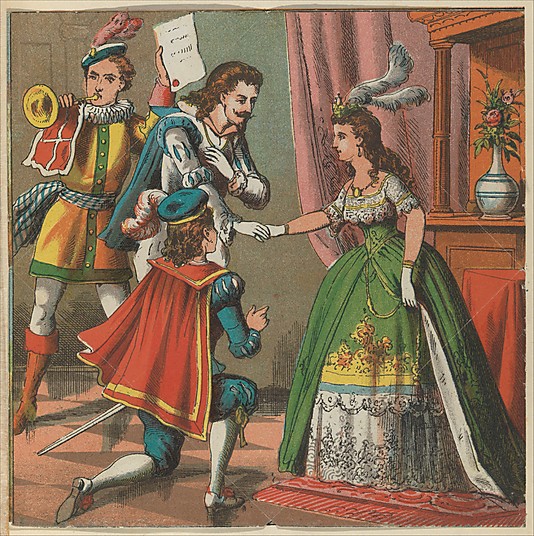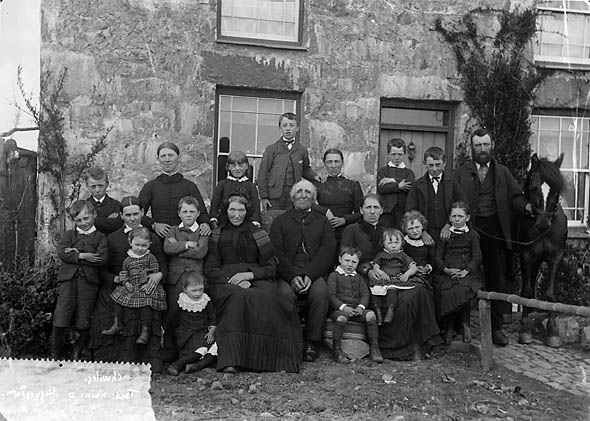Oh, for about a hundred reasons, many of them obvious, but for all you lofty put-away-childish-things people, here's one that surely must hold some sway: for its literary quality.
It was the usual type of school song, full of pride, joy and striving...
How could that make us laugh more elegantly?
It's not that Jill Murphy's style in The Worst Witch is particularly flashy:
The cats weren't for any practical purpose except to keep tradition going
[though Mildred's cat does have the sort of fur that looked as if it had been out all night in a gale]
The Worst Witch herself, Mildred Hubble, isn't worst in the sense of most evil, it's just that she's not much good at witch school. It's not all fun at Miss Cackle's Academy, you know. Some of its inhabitants are kind, but not all of them:
Miss Hardbroom smiled, too - but nastily.
The Worst Witch is a book full of thrills, spills, spells and many, many...um...
...snails.
Just about perfect for Halloween.
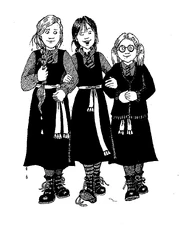
Word To Use Today: worst. Things have been at their worst in England...well, more of less for ever, really. The Old English form was wierrest and the Old Saxon wirsisto.

